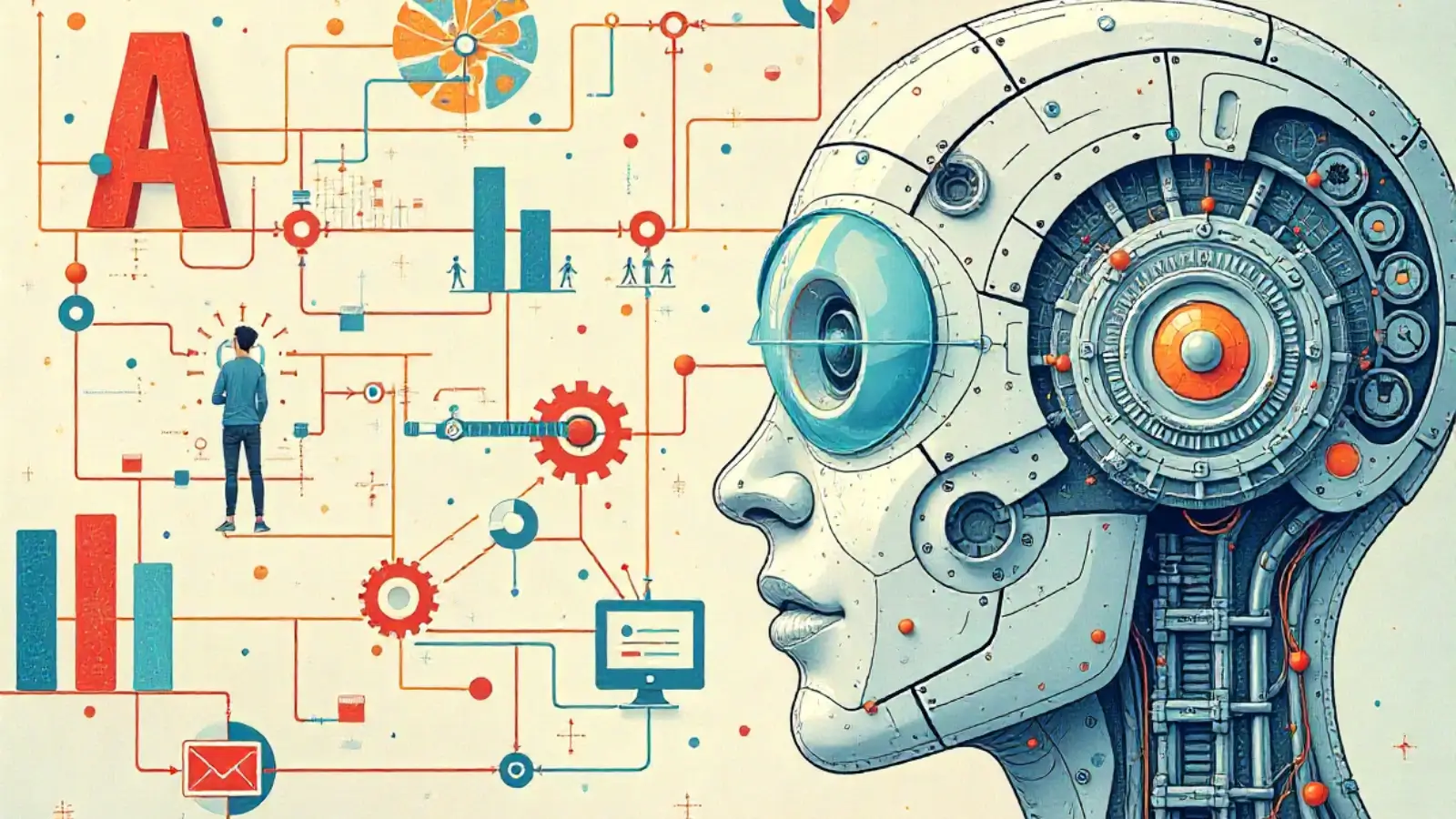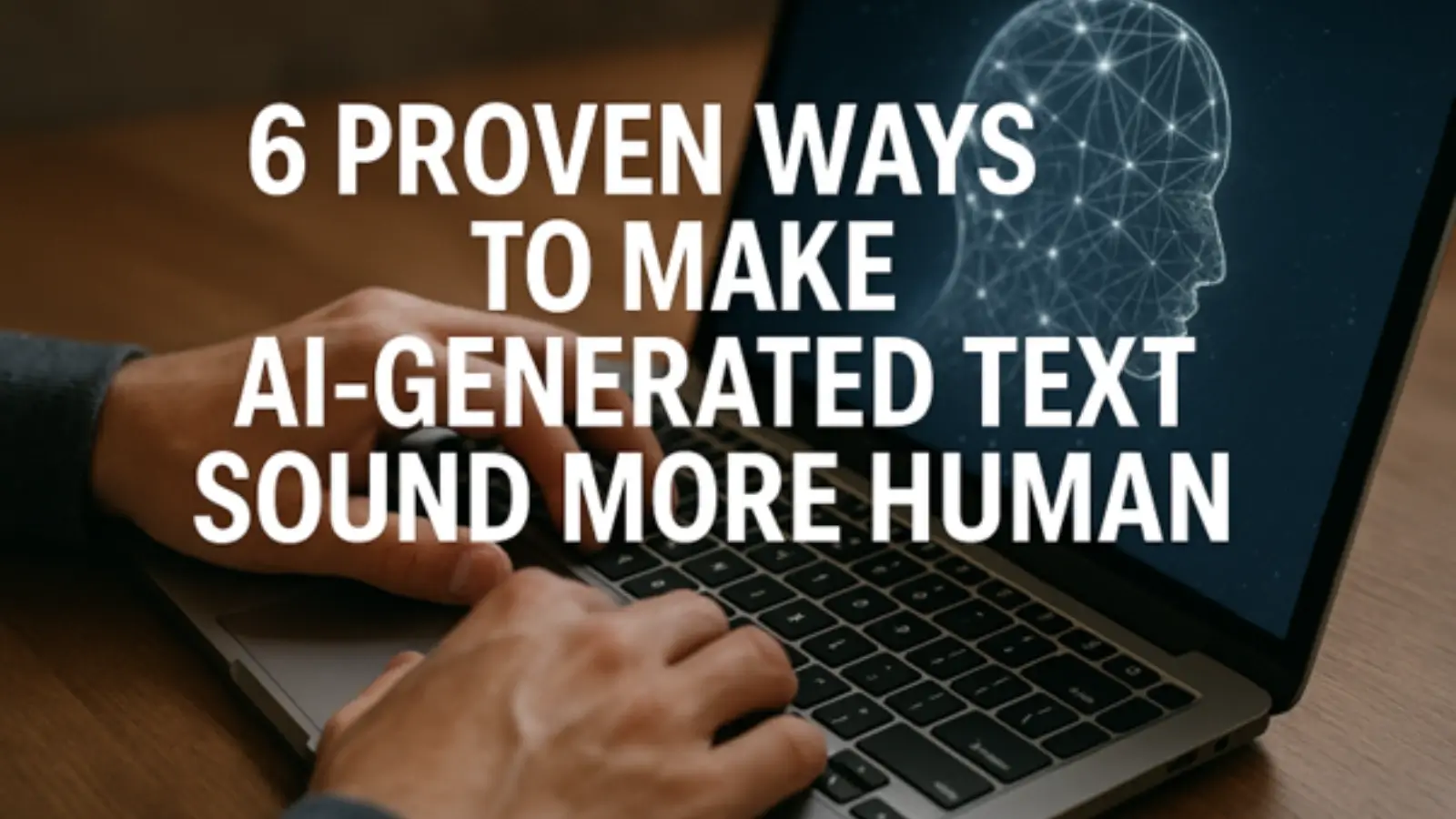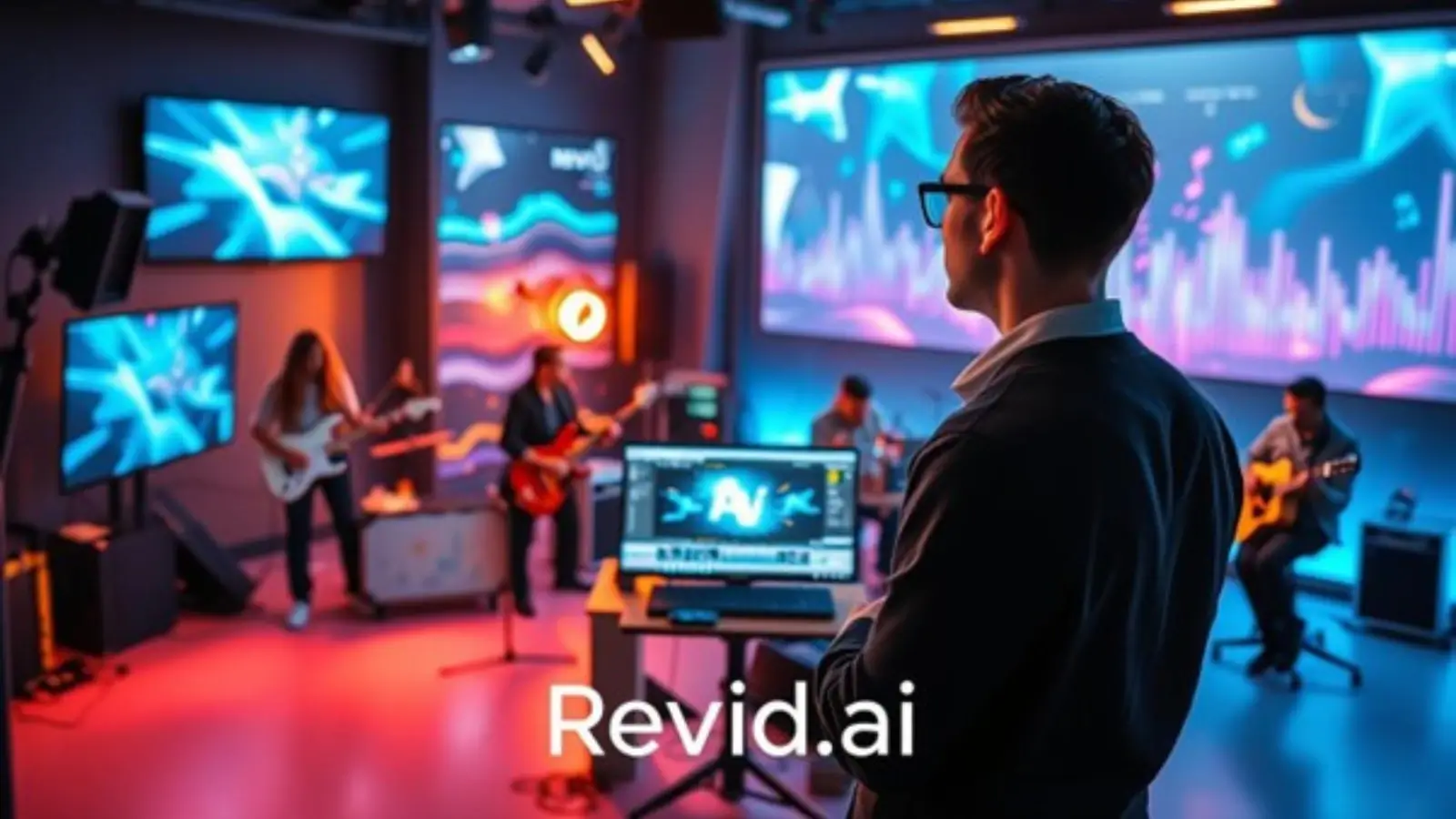Introduction
Thanks to artificial intelligence (AI), the entertainment industry is on the brink of a massive transformation. While CGI has been the backbone of hyper-realistic visuals for decades, AI is now stepping in to push realism beyond its limits. By 2025, AI’s role in filmmaking, gaming, and virtual reality will redefine how audiences experience digital entertainment.
Technology continues to push the boundaries of realism. From AI-driven visual effects to hyper-realistic animations, the role of artificial intelligence is more significant than ever. One key aspect of accessing and streaming this advanced content is having a reliable USA state VPN. A great VPN connection ensures seamless access to region-restricted entertainment, high-speed streaming, and enhanced security—key factors for enjoying hyper-realistic AI-generated media without interruptions.
As AI revolutionizes entertainment, let's explore how it enhances hyper-realism and fuels industry growth by 2025.
The Rise of Hyper-Realism in Entertainment
Hyper-realism refers to the creation of visuals so detailed and lifelike that they become indistinguishable from reality. Over the years, advancements in CGI have helped bring fictional worlds to life, but AI is taking hyper-realism to an entirely new level.
Limitations of Traditional CGI
Despite its advancements, CGI has its drawbacks:
-
High costs: Creating detailed CGI models and environments requires extensive resources.
-
Time-consuming rendering: Realistic animations take hours, even days, to render.
-
Uncanny Valley issues: CGI struggles with creating truly lifelike expressions and movements.
AI’s Role in Revolutionizing Hyper-Realism
AI is changing the game with deep learning, neural networks, and generative models that can create ultra-realistic textures, expressions, and animations with minimal human intervention. AI-driven solutions help speed up production while enhancing realism.
AI in Visual Effects (VFX)
AI is revolutionizing VFX by automating tasks such as:
-
AI-powered motion capture: Reducing the need for expensive suits and equipment.
-
Real-time background generation: AI creates detailed environments dynamically.
-
Enhanced CGI models: AI adds finer details to CGI characters and landscapes.
AI in the Gaming Industry
Gaming is another sector benefiting greatly from AI-driven hyper-realism:
-
Ultra-realistic NPCs: AI enables NPCs to interact and behave more naturally.
-
AI-generated worlds: Dynamic game environments are now more immersive.
-
Adaptive storytelling: AI-driven narratives adjust to player choices.
AI’s Contribution to Virtual and Augmented Reality
AI enhances realism in VR and AR experiences by improving visual fidelity, AI-powered simulations, and making user interactions more natural through intelligent AI agents.
AI and Digital Humans: The Future of Acting?
With AI-generated actors and deepfake technology, the line between human and digital performances is blurring. While this raises ethical concerns, it also opens new creative possibilities for filmmakers.
Cost Efficiency and Production Speed
AI reduces production costs by automating labor-intensive tasks, speeding up post-production, and making hyper-realistic content more accessible to smaller studios.
AI-Generated Sound and Voice Technology
AI-generated voices and soundscapes add another layer of realism, helping improve dubbing sound design and creating immersive audio environments.
Challenges and Ethical Concerns
Despite its benefits, AI presents ethical concerns:
-
Deepfake misuse: AI-generated content can be used for deception.
-
Intellectual property issues: Ownership of AI-created work remains a gray area.
-
Human creativity vs. AI: Striking a balance between human artistry and AI automation is crucial.
Future Predictions: AI and Entertainment Industry Growth by 2025
AI’s continued advancements will lead to:
-
More AI-driven films and games.
-
Increased economic growth in the entertainment sector.
-
Breakthroughs in AI-generated storytelling.
Conclusion
AI is revolutionizing hyper-realism in entertainment, making CGI look outdated by comparison. By 2025, AI will drive unprecedented realism in movies, games, and VR experiences while raising important ethical discussions about the future of digital content creation.
FAQs
Will AI replace human actors in the future?
AI can create digital humans, but human actors are still essential for authentic performances.
How does AI improve CGI?
AI enhances textures, speeds up rendering, and creates lifelike animations in real-time.
Is AI-generated content ethical?
It depends on its use; ethical concerns include deepfakes and intellectual property rights.
Can AI-generated games adapt to player choices?
Yes, AI enables dynamic storytelling and adaptive gameplay based on player decisions.
What industries benefit from AI-driven hyper-realism?
AI-powered realistic content creation benefits film, gaming, VR, and even marketing.

















